
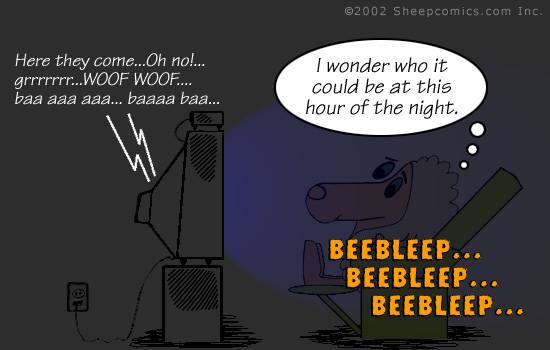
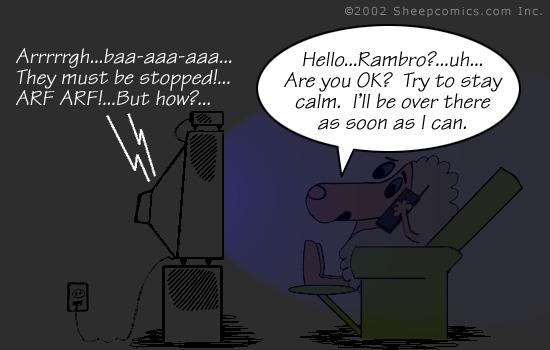
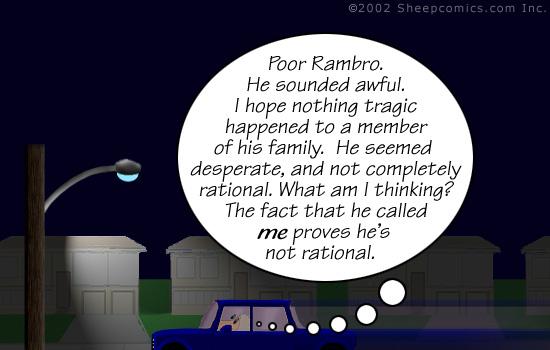




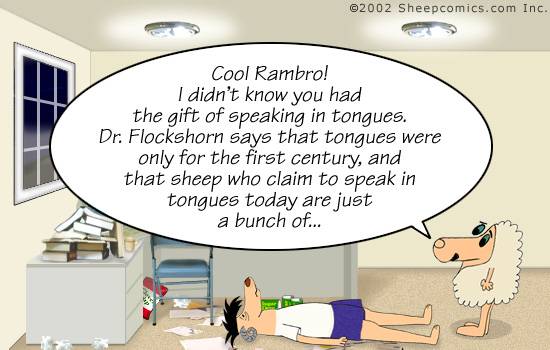


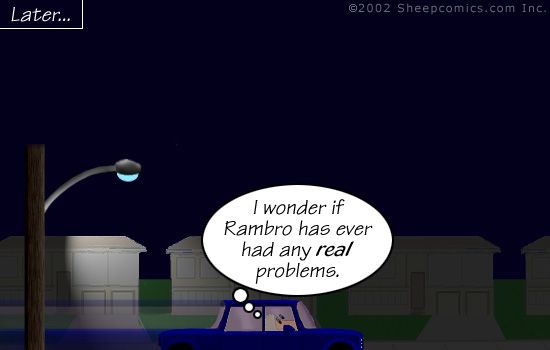
Editorial Notes
Back when I was in college a popular band called "Missing Persons" had a hit song whose hook line was, "What are words for? If no one listens, itís no use talking at all." Thereís truth in that.
I believe that language exists so we can communicate with each other. If you donít understand the language I speak, I canít say anything to you. Even if we speak the same language, I may use a word that you donít understand the meaning of. The result is the same. What we have is failure to communicate.
I grew up watching a lot of science-fiction on television. My first love was "Lost in Space". When I was eight years old, I lived with my mother in a townhouse apartment complex. We had very little money. My mother had to rent a black-and-white television. When the money ran out, the TV went away. (Maybe thatís why I keep digital cable at home even though I know in my heart that I rarely see anything on TV thatís worth the monthly payment.)
Thankfully, I had a friend whose father was "rich" because he made $800 dollars a month. This "rich" family a few doors away from us had one of those new color televisions, and I used to go to their place to watch "Lost in Space" every week. Perhaps thatís why I still get warm fuzzies when I have the chance to watch a "Lost in Space" rerun.
Iíd like to think Iím more sophisticated now. Iíve grown up, and so has science-fiction on television. "Lost in Space", however, still has one claim to fame, at least to me. The most unintentionally funny single line in any script on any sci-fi TV show is from a particular episode of "Lost in Space".
In this episode, Dr. Smith has become possessed with a spirit. The "spirit" is actually the bitter, middle-aged man that Will Robinson will become in the future. This spirit, using Dr. Smithís body, chases Will all over the Jupiter Two until finally Will is cornered. Dr. Smith says, "Do you know who I am, Will Robinson? Iím your id!" To which Will replies, "You donít scare me with your big words!" (That quote may not be exactly right, but itís the best I can remember.)
The little word "id" was a "big word" to Will because he didnít understand it. Will thought Dr. Smith was using the word to intimidate, not to communicate.
And thatís what I often feel like when I try to read Christian books that are written by Christianity scholars. Have you ever found a book that you think will help you understand some difficult issue, only to find the book itself to be incomprehensible? Youíre reading along and suddenly a word like "kerygma" is in your face. What does that mean? Well, it means "proclamation". Why not just use that word?
But it gets much worse. Many of these scholar-authors think nothing of peppering their already jargon laden English with words and phrases that are written in Latin or German, or even Greek with Greek letters! Thatís great for those who understand it, but I wish more career scholars would write in a way that would benefit both their fellow scholars and the literate book-reading public. (By the way, Iím not thinking of scholarly journals where the audience is primarily career scholars. Iím thinking of books that are mass-produced and available at bookstores and places like "Amazon.com".)
Why the rant? I guess itís because Iíve been a Christian for twenty years, and Iíve been trying to understand Christian issues for about the same amount of time. I wish that the people who give their entire lives to understanding these things would more often write in such a way that would benefit me, not just make me feel small while seeming to amuse each other.
Oops, almost forgot. For those who donít know, the "id" is one of the three levels of consciousness as defined by Sigmund Freud. Itís supposedly the level where our most primitive and selfish urges reside. I wonder how many "Lost in Space" viewers knew that.